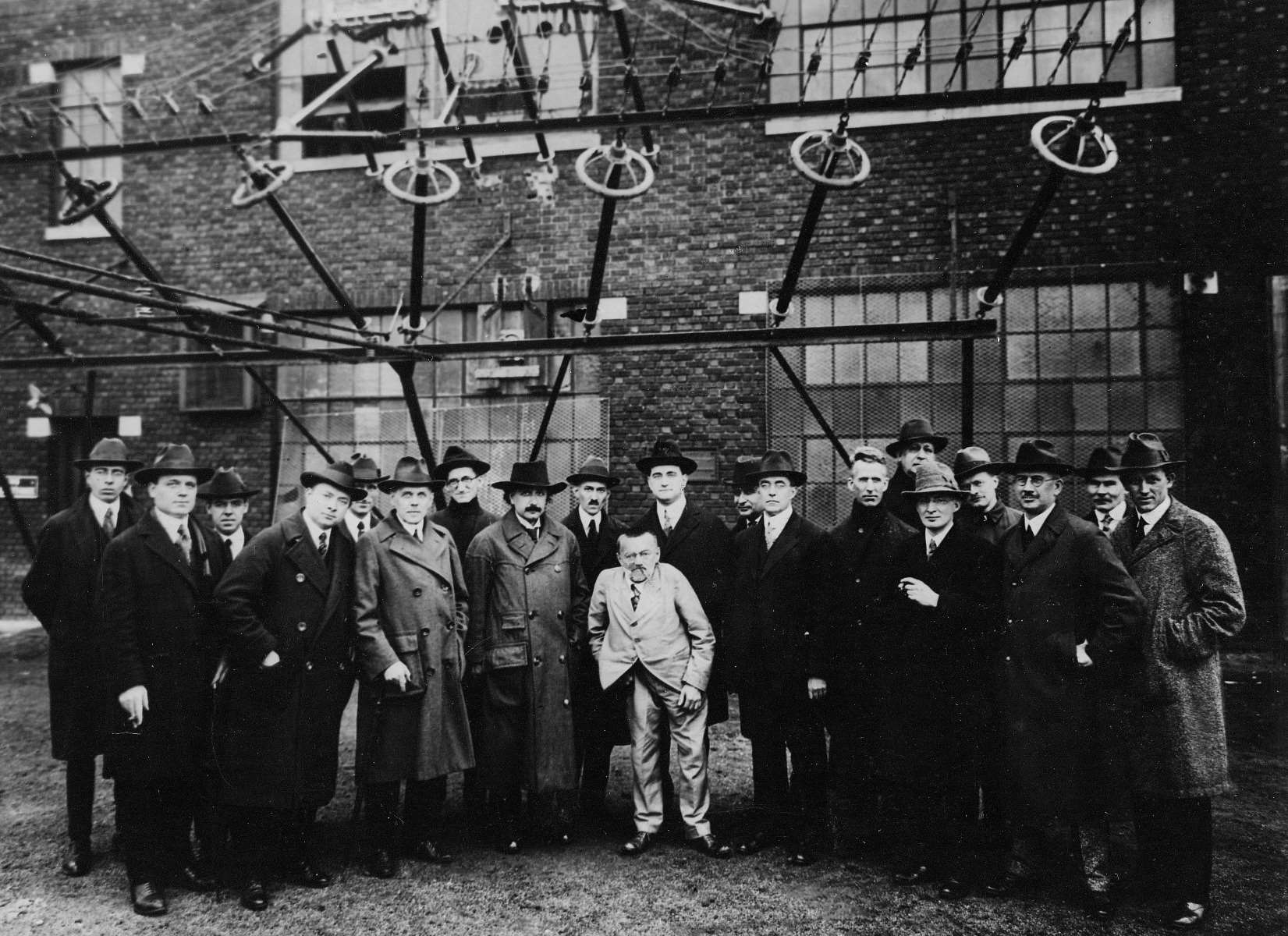Secrets Of Early Radio Stations In New Jersey

Ever wondered about the secrets of early radio stations in New Jersey? These pioneers of the airwaves played a huge role in shaping modern broadcasting. From humble beginnings in makeshift studios, they brought news, music, and entertainment to eager listeners. Imagine tuning in to hear the latest jazz hits or important announcements during a time when television didn't exist. These stations not only entertained but also connected communities, making them feel closer despite physical distances. Let's take a trip back in time to uncover how these early radio stations operated, who the key players were, and what made them so special.
The Birth of Radio in New Jersey
New Jersey played a pivotal role in the early days of radio broadcasting. The Garden State became home to some of the first radio stations in the United States. These stations not only entertained but also informed and connected communities. Let's explore some of the pioneering radio stations that made history in New Jersey.
Early Pioneers of New Jersey Radio
These stations were trailblazers, setting the stage for modern broadcasting. They experimented with new technologies and formats, creating a foundation for future radio stations.
WJZ (Newark)
- WJZ, established in 1921, was one of the earliest radio stations in New Jersey. Initially located in Newark, it later moved to New York City. WJZ became known for its diverse programming, including music, news, and sports.
WOR (Newark)
- WOR began broadcasting in 1922 from Newark. It quickly gained popularity for its clear signal and variety of shows. WOR was among the first to broadcast live music performances and talk shows.
WPG (Atlantic City)
- WPG, launched in 1925, served the Atlantic City area. It was unique for its seaside location and often featured live broadcasts from the boardwalk, bringing the sounds of the shore to listeners.
Technological Innovations and Milestones
These stations didn't just broadcast content; they also pushed the boundaries of radio technology. Their innovations helped shape the future of radio.
WNEW (Newark)
- WNEW, which started in 1934, was known for its high-fidelity sound. It was one of the first stations to use FM broadcasting, providing clearer audio quality compared to AM stations.
WJLK (Asbury Park)
- WJLK, established in 1931, was a pioneer in using directional antennas. This technology allowed the station to focus its signal in specific directions, reducing interference and improving reception.
Cultural Impact and Community Connection
Radio stations in New Jersey were more than just entertainment sources; they became integral parts of their communities, reflecting local culture and events.
WCTC (New Brunswick)
- WCTC, which began in 1946, became a staple in New Brunswick. Known as "The Voice of Central Jersey," it provided local news, sports, and community events coverage, fostering a strong connection with its audience.
WHWH (Princeton)
- WHWH, starting in 1963, focused on serving the Princeton area. It was known for its local news coverage and talk shows, becoming a trusted source of information for residents.
Legacy and Influence on Modern Broadcasting
The legacy of these early radio stations continues to influence modern broadcasting. Their pioneering efforts laid the groundwork for today's radio industry.
WFMU (East Orange)
- WFMU, which began in 1958, is one of the longest-running freeform radio stations. Known for its eclectic programming and independence, it has influenced countless other stations and remains a beloved institution.
WPRB (Princeton)
- WPRB, established in 1940, is one of the oldest college radio stations in the country. Operated by Princeton University students, it has a rich history of innovative programming and remains a training ground for future broadcasters.
New Jersey's Radio Legacy
New Jersey's early radio stations played a huge role in shaping the broadcasting world. Stations like WJZ and WOR brought news, music, and entertainment to homes, connecting communities. These pioneers set the stage for modern radio, influencing how we consume media today. Their innovative spirit and dedication to quality programming left a lasting impact.
Exploring these stations' histories reveals the creativity and determination behind early broadcasts. From technical challenges to groundbreaking content, New Jersey's radio stations overcame obstacles to become leaders in the industry. Their legacy continues to inspire broadcasters and listeners alike.
Understanding this history helps us appreciate the evolution of radio and its ongoing importance. New Jersey's early radio stations remind us of the power of communication and the enduring value of connecting people through the airwaves.

